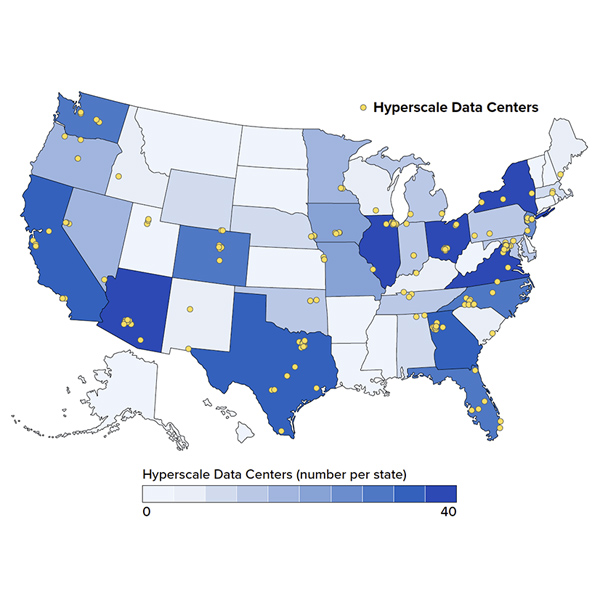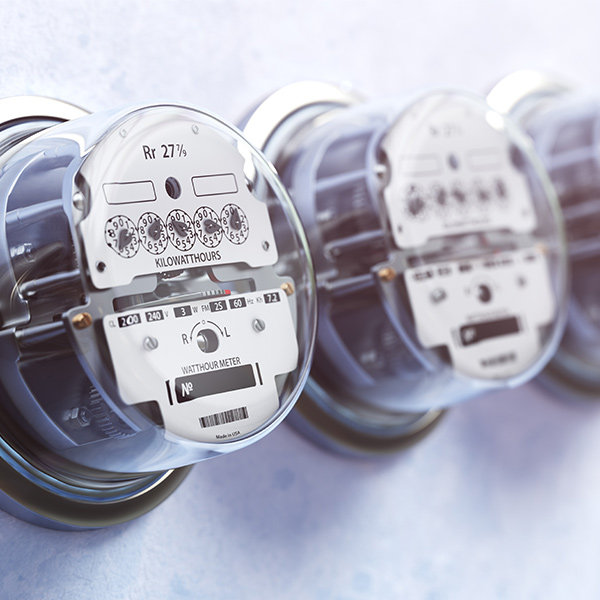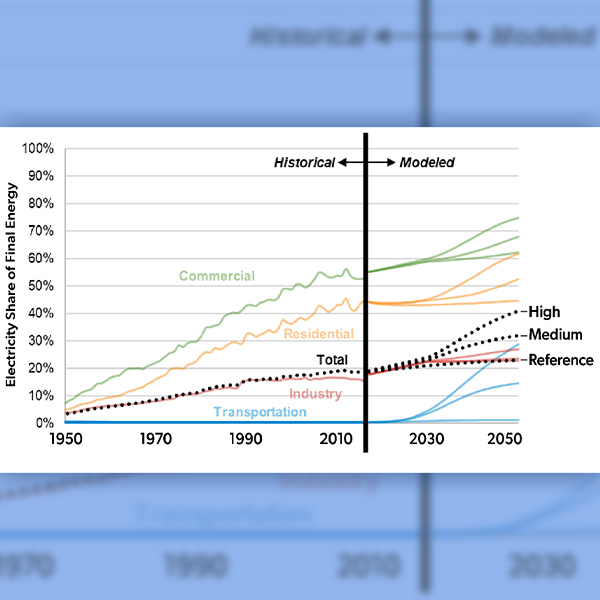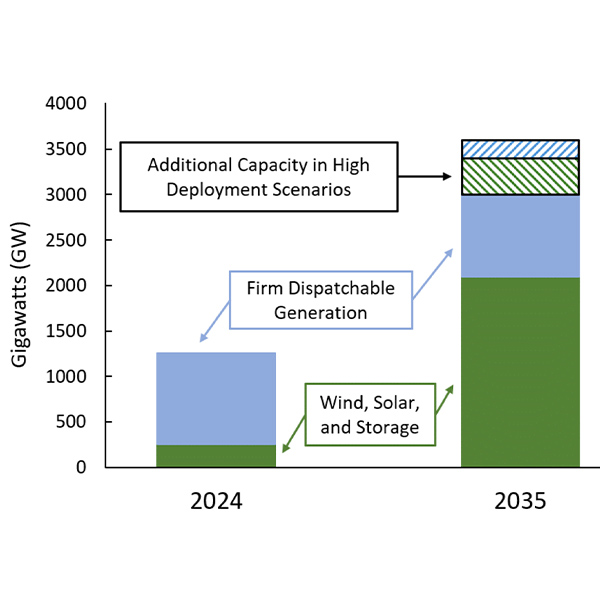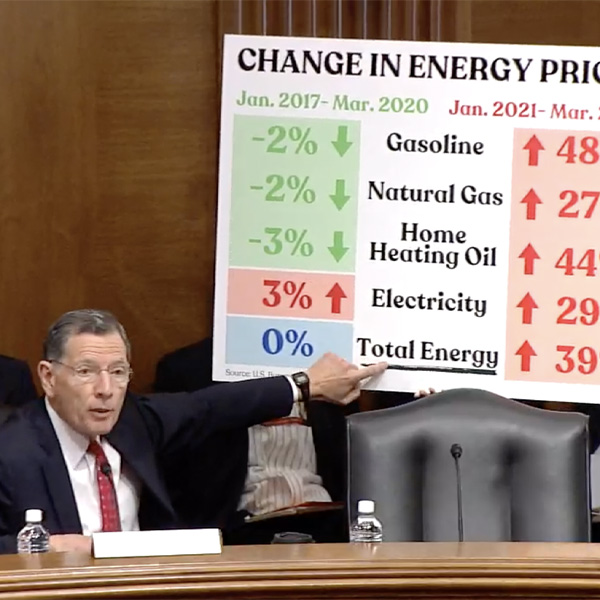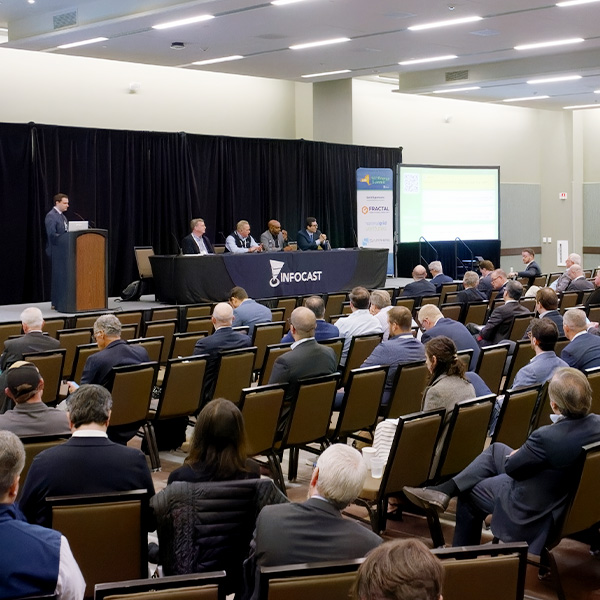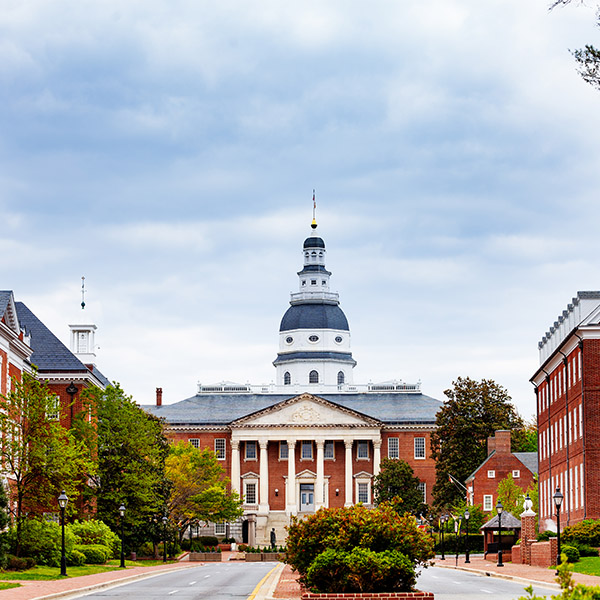Building Decarbonization
The burgeoning power demand from data centers and artificial intelligence can be met by other means than new natural gas-fired power plants, according to a new report from the Electric Power Research Institute.
ACEEE published a paper showing how states can maximize the impact of federal funds for home energy retrofits.
Angst over looming load growth, cost increases and reliability headaches headlined the 76th annual New England Conference of Public Utilities Commissioners Symposium.
A new Berkeley Lab report finds that a combination of aggressive demand and supply side measures could slash greenhouse gas emissions in the building sector 91% below 2005 levels by 2050.
New Jersey has enacted a package of new construction incentives worth up to $5.25 per square foot for new residential and nonresidential construction.
Streamlining and accelerating permitting is just one of the potential uses DOE envisions for AI to accelerate the U.S. power system’s transition to 100% clean energy and the modern, efficient, secure grid needed to reach that goal by 2035.
Energy Secretary Jennifer Granholm defended her department’s $51 billion budget proposal for FY25 before hostile Republicans on the Senate Energy and Natural Resources Committee.
Transmission development and siting reform were a central theme at the 2024 New York Energy Summit.
Getting bills through the Maryland General Assembly often involves compromises and tradeoffs, even with Democrats controlling the House of Delegates, the Senate and the governorship.
Want more? Advanced Search
